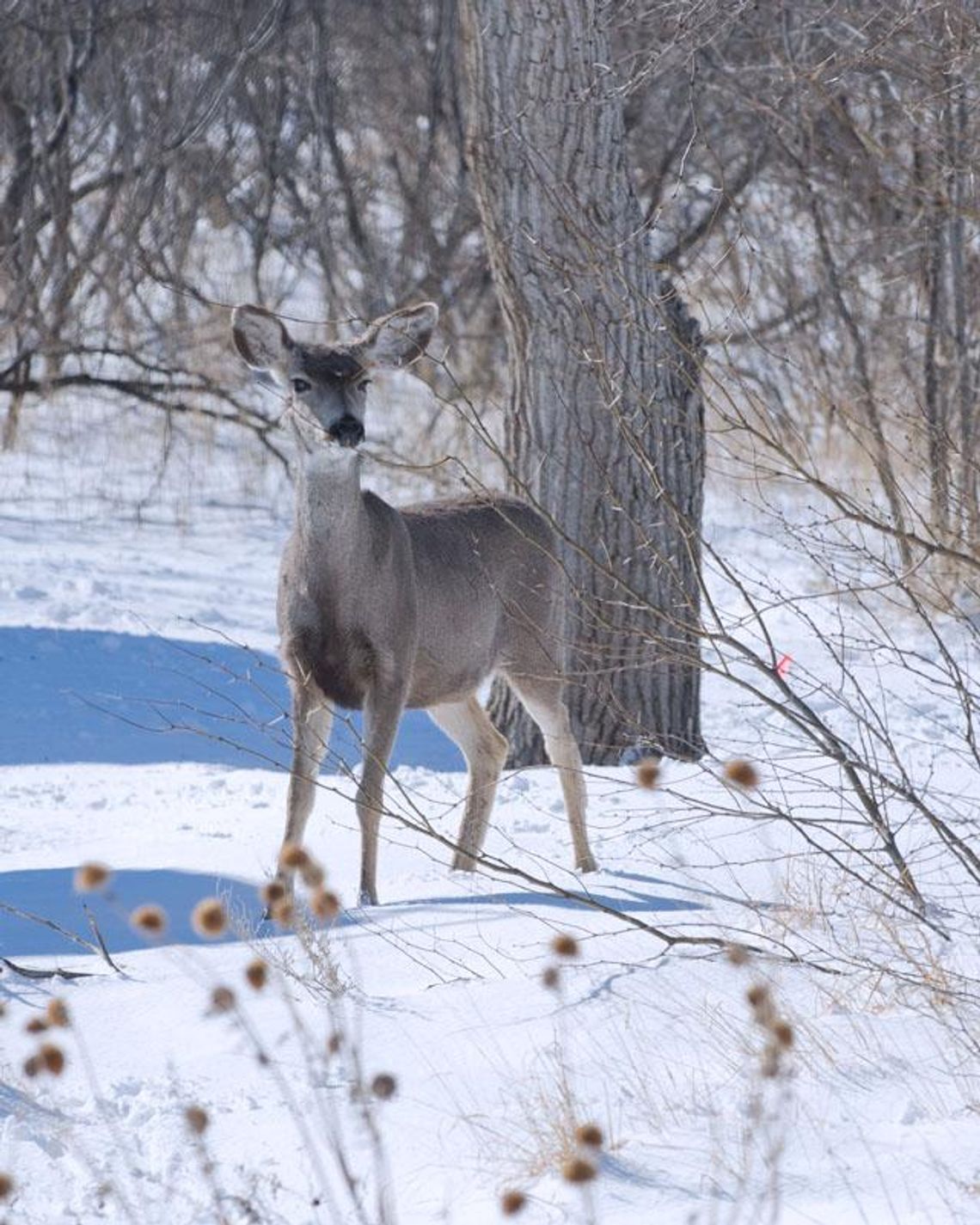Editor’s Note: This article was originally scheduled to run on Friday, March 19. However, the headline had a misspelling and the article that followed was incorrect. We regret this error and any confusion it may have caused.
By this time, most people who are interested have heard about the devastating effects of the recent week-long snow and ice storm on our coastal fish species. Millions of fish died. Among the hardest hit is the highly-sought-after spotted sea trout, popularly called speckled trout or just “specs.” As more data is collected, Texas Parks and Wildlife Department (TPWD) may make management changes concerning coastal species —especially speckled trout.
The Coastal Conservation Association (CCA) has dropped speckled trout, gafftop, sheepshead and flounder divisions from their popular STAR tournament. Only tagged redfish will still carry big prizes.
But what about terrestrial animals? Many birds died due to food resources being covered with snow and ice. I could not keep my backyard feeder full. Hundreds of birds — cardinals, sparrows, and flocks of blackbirds — emptied the feed within minutes.
Bobwhite quail, whose numbers were already low, took a big hit by the polar blast.
Robert Perez, TPWD upland game bird program leader, said, “With the right escape available, the covey formation down an excellent job of heat retention. However, the snowfalls seemed to penetrate even good escape cover. Also, quail are weak scratchers, so they are not really adapted to having to dig through ice.”
The TPWD wild turkey program leader, Jason Hardin, doesn’t expect much impact from the big freeze.
“Most of our turkeys should be fine,” he said. “They should have had enough fat and energy reserved to survive.”
How about mammals? Some white-tailed deer perished. But Alan Cain, white-tailed deer program leader with TPWD, doesn’t consider it significant.
“Obviously, some mortality of the very old deer or those deer in poor body condition is to be expected — this is just nature, survival of the fittest,” he said.
Of more pressing concerns could be significant damage to deer habitat. Green leaves on some brush species in South Texas are now brown.
“We’re also seeing some impact on the winter weeds, which are critical for deer this time of year and into the early spring,” he said. “There are still some green patches of burclover, but we’re also seeing lots of it burned from the freeze. I’m hoping the moisture from the snow and ice soaked up in the soil, we’ll see a good start to the spring green up as temperatures warm.”
Our native white-tails are hardy. They can handle cold weather. But the winter blast was tough on exotic species, such as axis deer, blackbucks and fallow deer.
Exotics were introduced into Texas ranches from parts of the earth dominated by warmer climates.
Many of our exotics don’t do well with extended periods of extreme cold,” Cain said. “I’ve heard reports of axis deer seeking shelter in barns on some ranches in the Hill Country, which is completely unexpected. This just shows how desperate some of the axis deer were to find shelter from the weather. I suspect it will be several weeks before we know the full impact on the exotics.”
My friend, hunting guide George Hofmann, guides deer and exotic hunts on a large ranch near Ozona.
“We put many large round-bales of hay along our road,” he said. “Our animals had plenty to eat. Also, we have two larger lakes on the property that didn’t freeze.
My duck hunting pal, Allen Piper, who has a small ranch near Early, got creative in saving his animals. He bought electric-heated water buckets and set them wherever he could run an extension cord.
“All kinds of birds and animals, other than my black Hawaiian sheep, blackbucks, fallow deer and white-tails showed up at my water buckets,” he said.
Allen also fed his animals heavily — “It seemed like I was on the way to the feed store every other day. I fed the animals two or three times daily.”
This extreme food produced energy and heat. Thanks to Allen’s adaptive measures, I will probably get to shoot a trophy exotic this year on his ranch.








